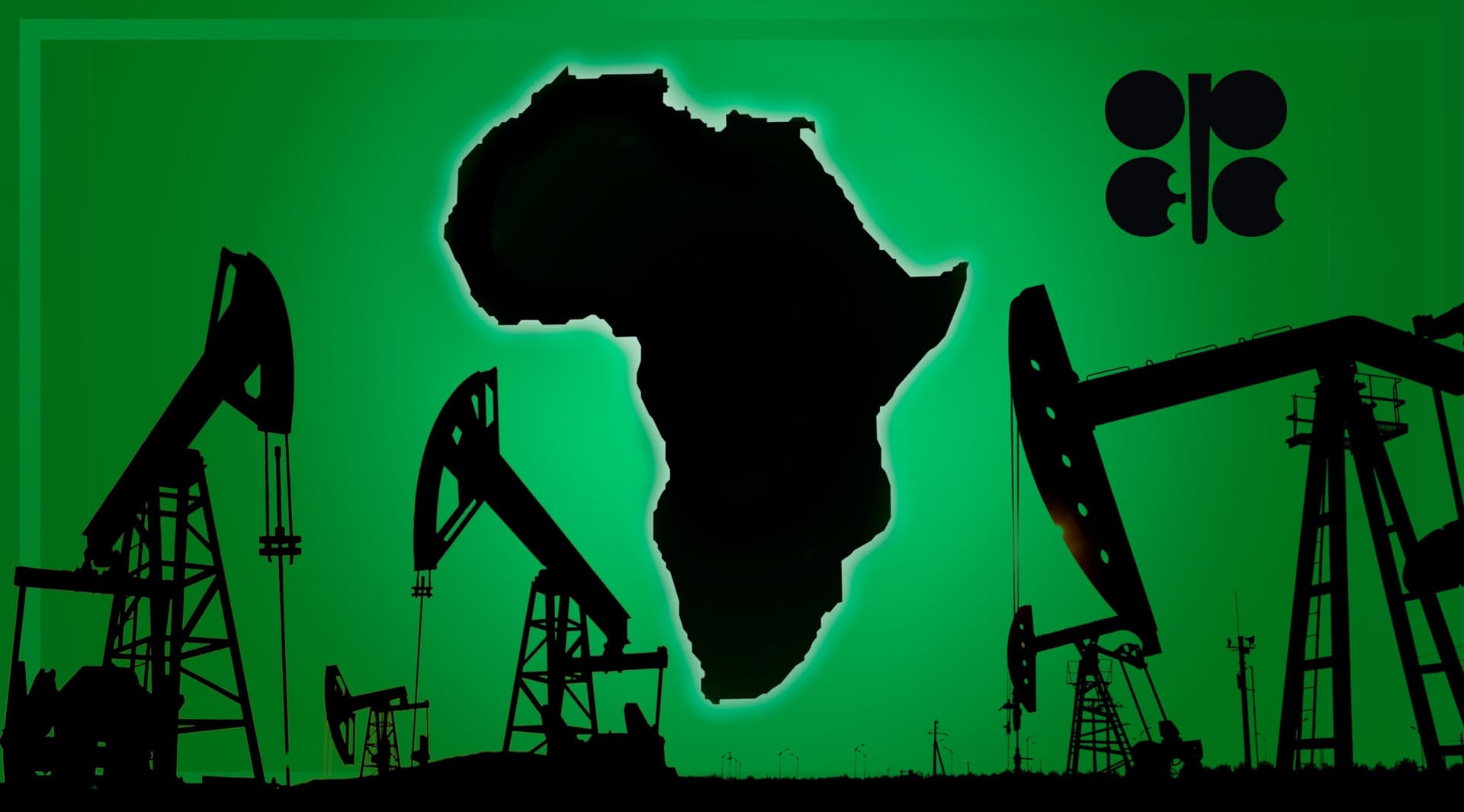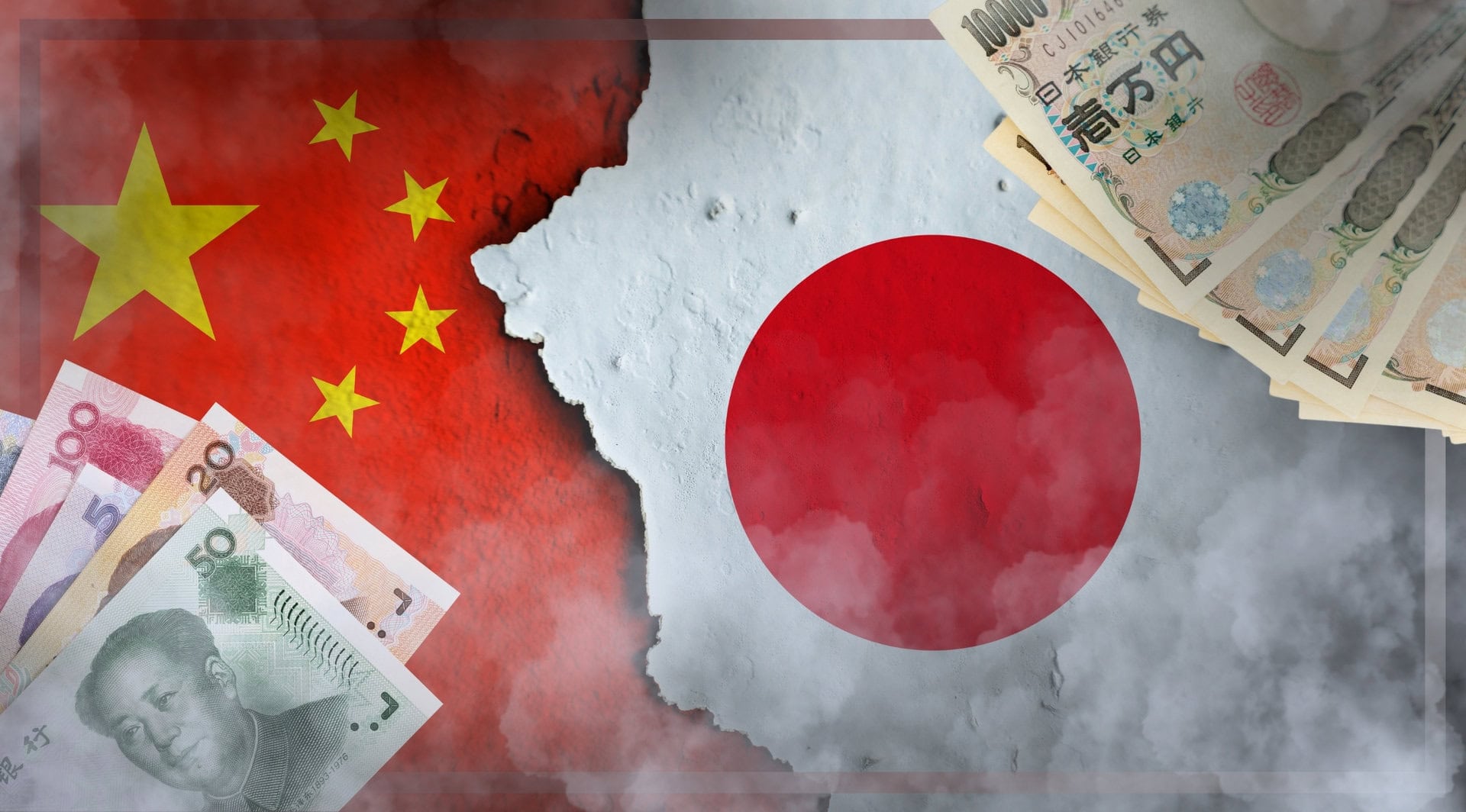The oil cartel OPEC, which is currently chaired by Saudi Arabia and exerts significant influence over global prices, has been committed to lowering production quotas since last year when prices began to tumble.
Relatively weak demand in China amidst a sluggish post-Covid economic recovery, as well as easing fears that the conflict in Gaza will not spark a wider regional conflict that could imperil supplies, have been cited as factors in the continued downward spiral for brent crude prices into 2024. While oil traded at well over $100 in the aftermath of Russia’s invasion of Ukraine, which saw Western powers sanction Russian oil, brent crude has since shed more than 20% of its value.
The dominant oil powers in the Gulf and Moscow have – for obvious reasons – sought to prop up the price of the commodity. After all, the spike in prices of 2022 saw a revenue windfall of roughly $1 trillion go the GCC states alone. Russia has similarly benefited from the period of high oil prices, which are partly funding Moscow’s invasion of Ukraine.
Boom and bust cycles in global #crudeoil markets have many implications for financial markets, the overall economy, and local and global geopolitics.https://t.co/7pNA2RL9s8
— #DisruptionBanking (@DisruptionBank) November 15, 2023
However, this desire to prop up global crude oil prices by placing limits on supply has revealed fractions in the OPEC cartel. Many countries in the organisation do not want to have limits placed on the amount of oil they can produce – they want to sell as much of the commodity as possible. This is particularly true for OPEC’s African member states, many of which have ramped up the construction of oil facilities as they see oil revenues as a crucial source of foreign exchange and as a means to promote wider economic growth.
In June 2023, Angola walked out of an OPEC meeting in protest at Saudi-led attempts to lower Angola’s oil quota. A compromise was agreed that saw Angola – as well as Nigeria and the Republic of Congo – have their production targets reviewed by an independent third-party organisation. However, that review merely confirmed that the African countries should indeed have their 2024 quotas lowered.
What was perhaps particularly aggrieving for the African countries is that the much wealthier United Arab Emirates (UAE) had their 2024 quota increased – despite OPEC insisting on the apparent need to cut oil production. In December last year, Angola took the drastic step of leaving the cartel completely.
Diamantino Azevedo, Angola’s mineral resources and petroleum minister, said at the time that “we feel at this moment Angola gains nothing by remaining in the organisation and, in defence of its interests, it decided to leave.”
“If we remained in OPEC […] Angola would be forced to cut production, and this goes against our policy of avoiding decline and respecting contracts,” Azevedo added.
Angola leaves Opec oil cartel in output quota row https://t.co/QEbEbhGbjV
— BBC News (World) (@BBCWorld) December 22, 2023
It appears that OPEC has not learned its lesson, however. Earlier this week, OPEC members agreed to extend oil output cuts of 2.2 million barrels per day into the second quarter. The announcement sent oil prices up 2% and meant that the commodity is now up more than 8% since the start of the year alone.
The investment bank Jefferies said that this shows “the group is not in a hurry to return supply volumes, supporting the view that when this finally happens, it will be gradual.”
While there are not yet any signs that Nigeria or OPEC’s other African members could follow Angola’s lead in quitting the bloc entirely, this continued insistence on cutting production could provide an incentive for more African leaders to consider whether the cartel is working for the continent.
Angola’s departure has already damaged the power and prestige of OPEC as an organisation according to some analysts. While the group’s de facto leaders in Riyadh and Moscow will not be losing too much sleep about a country which represents barely 2% of OPEC’s output, they should start considering whether Africa’s incentives are diverging from the rest of the bloc.
For how long will Nigeria, the DRC, and others continue to allow foreign leaders to deny them the ability to expand production, feed rising demand, and boost oil revenues?
Author: Harry Clynch
#Africa #Gulf #OPEC #Oil #Commodities #Geopolitics















